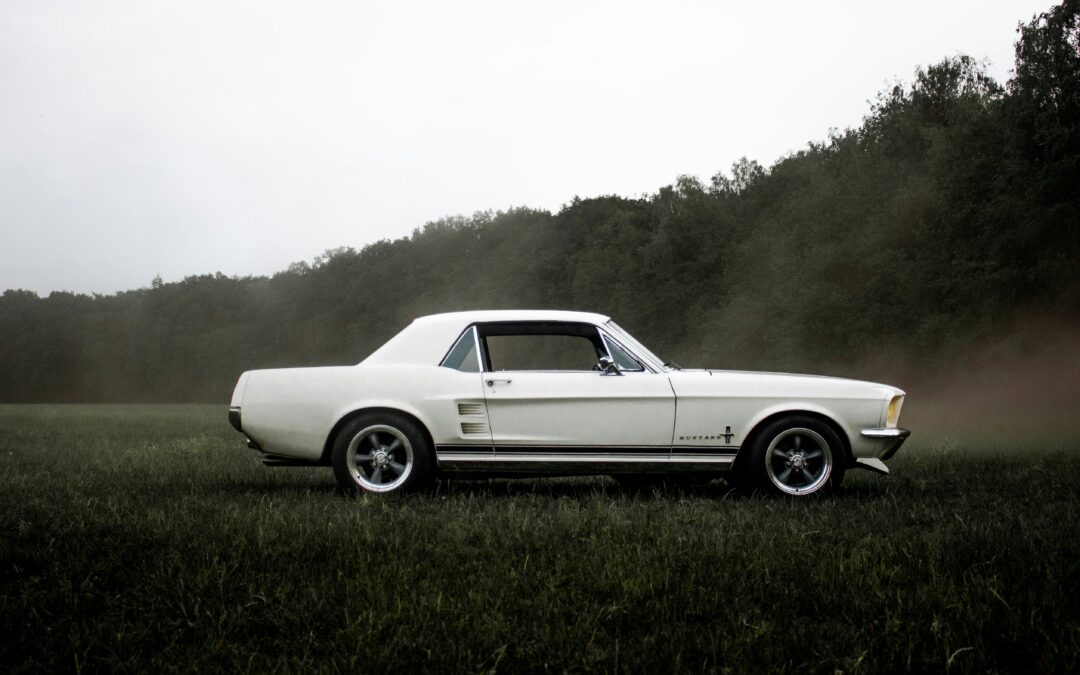It’s a familiar scenario for many drivers: you start your car in the morning, head off towards your day’s adventures or obligations, and as you reach the end of your driveway or the first stop sign, your car serenades you with the high-pitched squeal of your brakes. This metallic chorus, while not particularly melodious, is a common occurrence, especially in certain conditions. But why do my brakes squeak when I first start driving, and is it a sign of a deeper problem under the hood?
**The Science Behind the Squeak**
The phenomenon of squeaky brakes, especially pronounced after a vehicle has been resting overnight or for an extended period, can be attributed to several factors, each contributing to the concert of sounds your car might produce. At the heart of these factors is the simple science of friction and the materials involved in brake construction.
Brake pads are designed with wear indicators that are meant to produce a squealing sound as an early warning sign that they are getting thin. However, this isn’t usually the culprit for the morning squeak. More often than not, the cause is much more benign, such as moisture.
**Morning Dew: A Composer of Squeaks**
One of the most common reasons for your brakes to sound off in the morning is the presence of moisture. Overnight, dew or a light frost can settle on the surface of your brake discs, causing a thin layer of rust to form. When you first apply your brakes, the pads scrape off this rust layer, leading to the squeaking or squealing noise. This is particularly prevalent in areas with high humidity or during seasons when the temperature fluctuates between day and night.
**The Role of Temperature and Material**
Temperature changes can also cause brake components to expand or contract slightly, altering how they interact with each other. This can be more pronounced in the early morning when the air is cooler, potentially leading to temporary squeaking until the parts warm up and expand to their usual operating size.
Additionally, the materials from which brake pads are made can influence the likelihood of squeaking. Metallic brake pads, for instance, are more prone to making noise compared to their ceramic counterparts. Metallic pads are designed for high performance and durability, but their composition can lead to more noise under certain conditions.
**When to Worry About the Squeak**
While morning brake squeaks are often harmless, they can sometimes be a herald of more significant issues. Persistent squeaking, squealing, or grinding noises, especially those that occur at all times of the day or worsen over time, should not be ignored. These sounds can indicate worn-out brake pads, damaged brake rotors, or other mechanical problems that require immediate attention.
**Soothing the Symphony**
For those occasional squeaks and squeals in the morning, there’s usually no need for concern. Most of the time, they’re simply part of your vehicle’s unique way of waking up and getting ready for the day ahead. However, staying attuned to your car’s sounds and seeking professional advice when changes occur is key to ensuring your vehicle remains in harmony and your drives smooth and safe.

